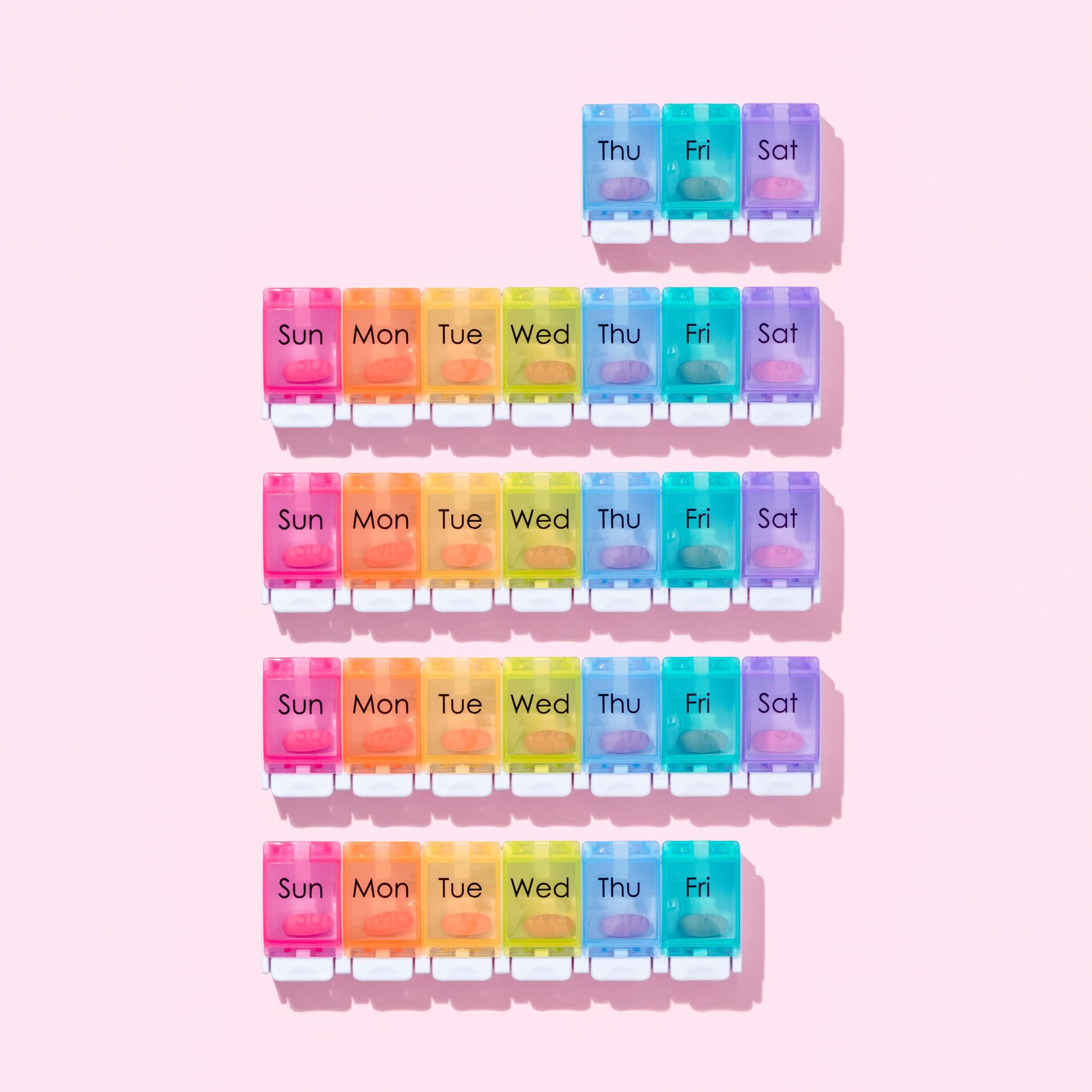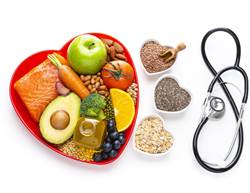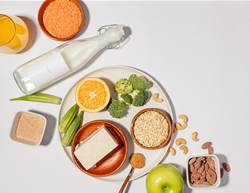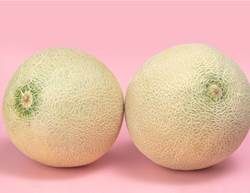Hey you! Yes, you. Are you doing enough to keep your cholesterol in check? Considering that more than 40% of Australian adults are living with high cholesterol, there’s a good chance the answer is no.
Cholesterol is that waxy, fat-like substance your body uses for key functions like digestion and hormone production. Your liver makes all the cholesterol you need, but your body can take in extra from dietary sources, such as animal-based foods.
If too much of the stuff starts to build up in your arteries, it creates plaque that can cause blockages and increase the odds for heart attack and stroke, according to the US National Institutes of Health (NIH).
Ideally, your total cholesterol levels should be lower than 5.5 mmol/L, if you have no other risk factors, reports Better Health Victoria.
If you have cardiovascular risk factors such as high blood pressure, pre-existing heart disease or diabetes, or you smoke, the aim for LDL cholesterol levels would be less than 2 mmol/L.
The good news: Getting your cholesterol down is simple when you know the facts.
Use the quiz below to test your knowledge on what it really takes to keep cholesterol in check, and discover the best strategies to protect your heart.

The answer: false.
Though the risk for high cholesterol increases with age, it should be on your radar regardless of when you were born.
“Age alone doesn’t determine whether you have high cholesterol,” says cardiologist Dr Suzanne Steinbaum. “It’s often elevated for other reasons, like genetics and diet.”
Because high cholesterol itself rarely causes symptoms, the only way to know where you stand is by getting screened regularly. Healthy people should get a blood cholesterol test every five years, from age 45. Testing should start at 35 years for Aboriginal or Torres Strait Islander people.
If you have a personal or family history of high cholesterol or heart disease, your doctor might recommend getting screened more often.

The answer: false.
Whether you take cholesterol-lowering meds or not, experts agree that diet and exercise are key for keeping your numbers in check. “Both help keep the linings of our arteries healthy and reduce the deposit of cholesterol into the arteries,” explains cardiologist Dr Tulika Jain.
That’s not all. If you're overweight, dropping just 3 to 5% of your body weight could be enough to bring down LDL cholesterol (often called “bad” cholesterol) and raise HDL cholesterol (dubbed “good” cholesterol). The best way to make that happen is by watching what you eat and moving more.
The Heart Foundation recommends you:
- Start with small, realistic goals and work your way up to the recommended 30-60 minutes of moderate-intensity physical activity (eg brisk walking) most days of the week. Aim to do muscle-toning activities twice a week, including bodyweight exercises like push-ups, squats or tasks involving lifting.
- Enjoy a wide variety of foods focused on fresh and unprocessed food. Read more about the Heart Foundation heart health eating pattern.

The answer: true.
But even if you play by the rules, you might still need medications like statins to get your cholesterol to a healthy level. Especially you have other heart disease risk factors like diabetes or high blood pressure, says Health Direct.
And there’s no shame in that. Particularly if you have a genetic predisposition to high cholesterol, reaching a healthy level might be almost impossible on your own – no matter how hard you try, Dr Steinbaum says.

The answer: false.
Because high cholesterol is basically too much fatty build-up in your arteries, it might seem like avoiding fat as much as possible is the smart move to bring your numbers down. Not so, says Dr Steinbaum: “It’s not about a fat-free diet, it’s more about eating the right fats.”
Both saturated fats (found in foods like meat, full-fat dairy, and baked goods) and trans fats or hydrogenated oils (found in some margarine, processed foods, and fried foods) are known to drive up LDL cholesterol. The government recommends a diet that is low in saturated fats and trans fats.
On the other hand, trading saturated fats for heart-healthy monounsaturated and polyunsaturated ones – found in nuts, olive oil, avocado, and fatty fish – actually do your heart good, evidence shows. Specifically, eating on nuts like almonds can help lower LDL cholesterol, found a scientific review. And having a few servings of fatty fish like salmon each week can fight inflammation and reduce your heart attack risk. Even with healthy fats, though, the key is moderation.

The answer: true.
Research shows that chronic stress can ratchet up LDL cholesterol and triglycerides (a cholesterol-like fat that also raises heart disease risk) and bring down HDL cholesterol. While experts are still learning about the connection, it’s thought that stress hormones like cortisol seem to cue the liver to produce more LDL cholesterol, Dr Jain explains.
This is why stress management is an essential part of cholesterol management. Feeling stressed? Find some stress-busting strategies here.

The answer: false.
High cholesterol isn’t a fix-it-and-forget-it condition. “Managing cholesterol is always a lifelong issue,” Dr Steinbaum says. “It’s essential to continue regular exercise and maintain a heart-healthy diet.”
That’s especially true for women because ageing and menopause can both cause your levels to creep higher over time.
That said, just because your doctor prescribed a cholesterol-lowering med like a statin doesn’t necessarily mean you’re on it for life. “If you’re taking medication for primary prevention – meaning you haven’t had a heart attack or a stroke – you may be able to stop,” says Dr Steinbaum. But you should only do so after weighing the pros and cons with your doctor, and getting specific instructions on how to wean off the drug safely, she says.



.jpg&h=90&w=90&c=1&s=1)






